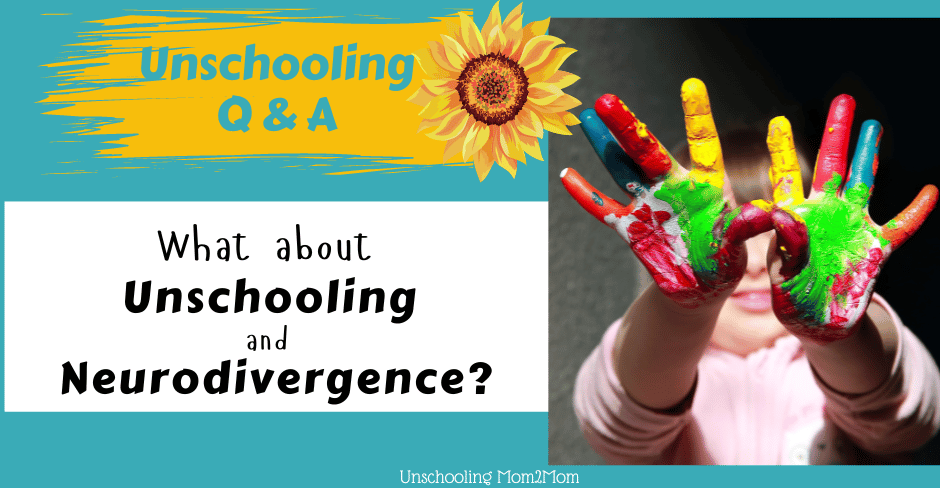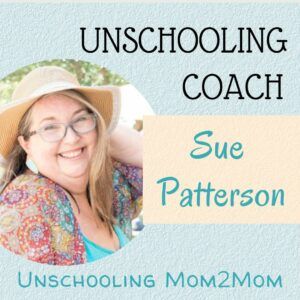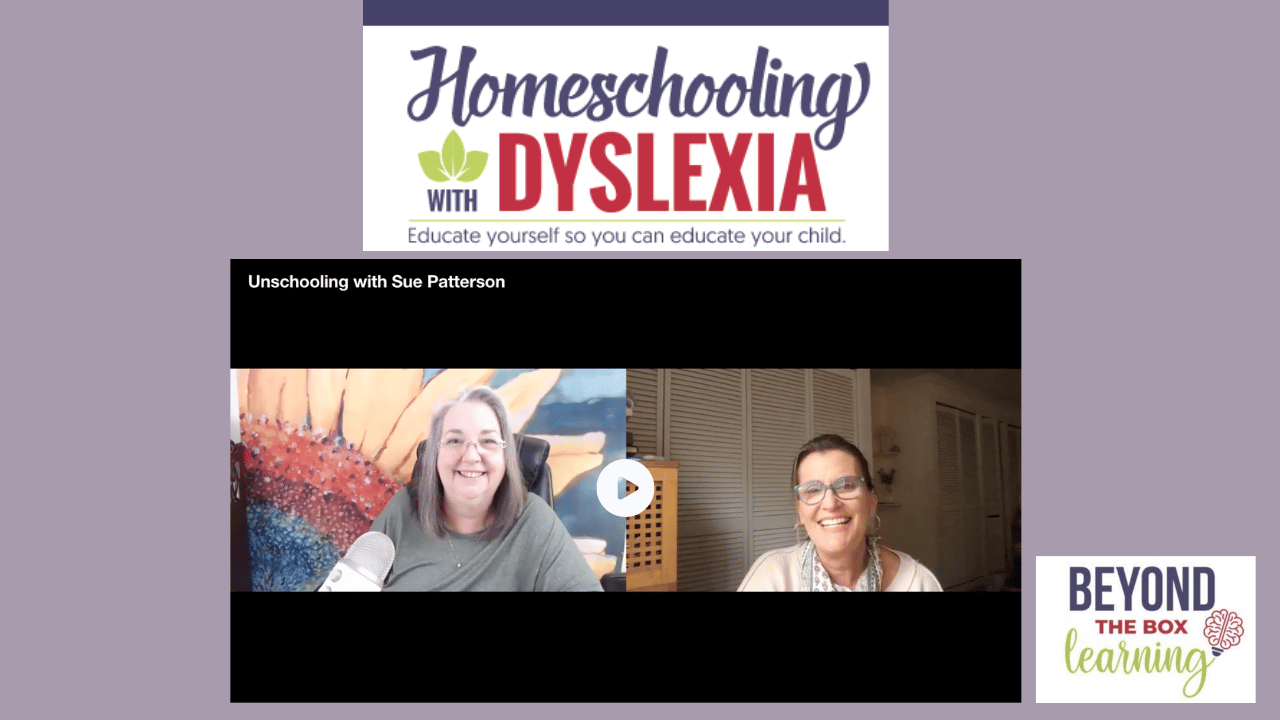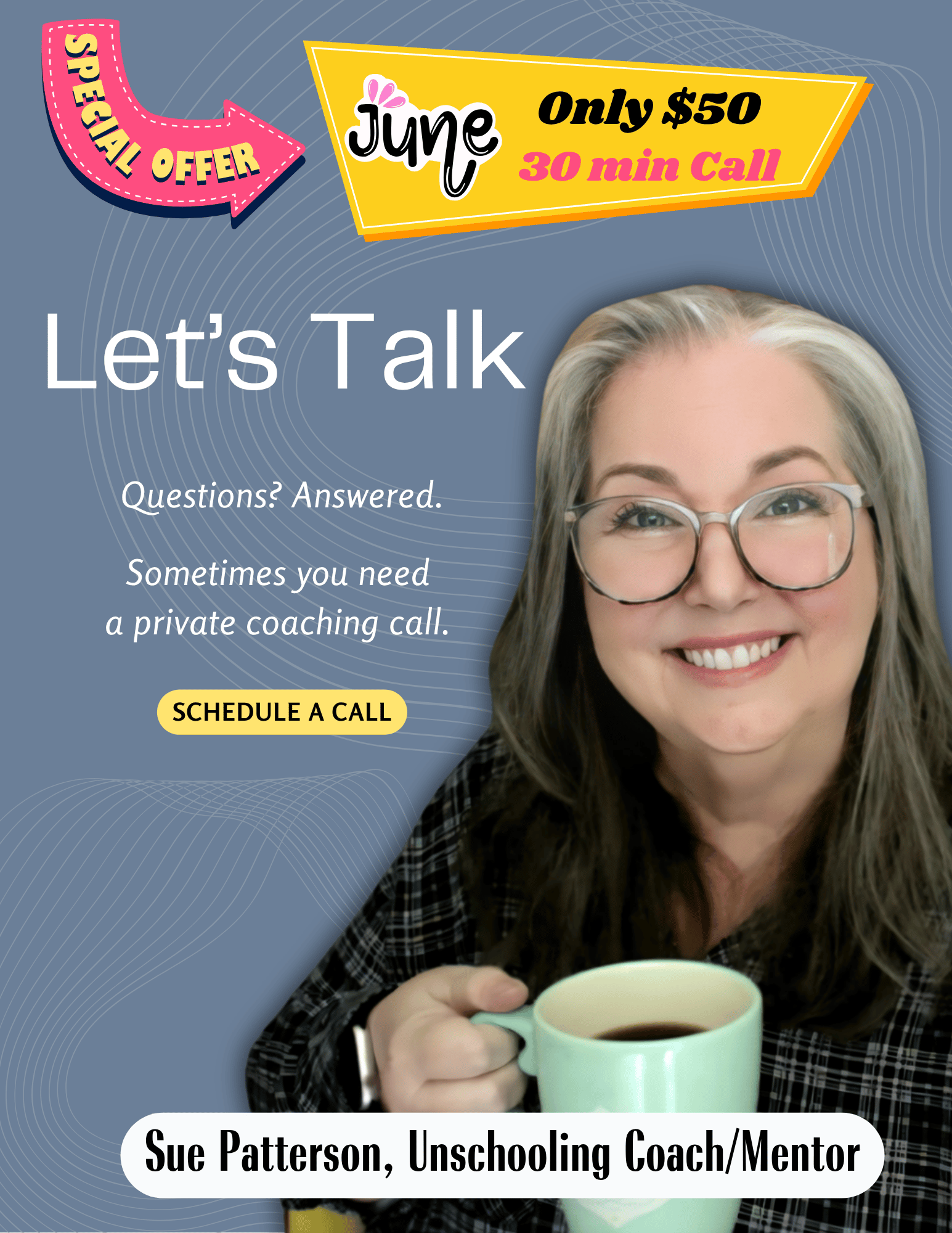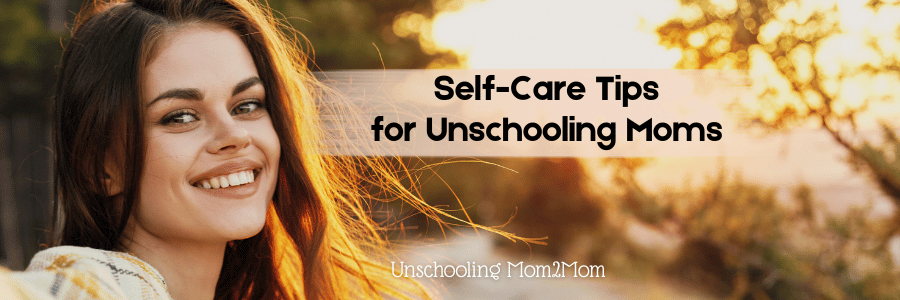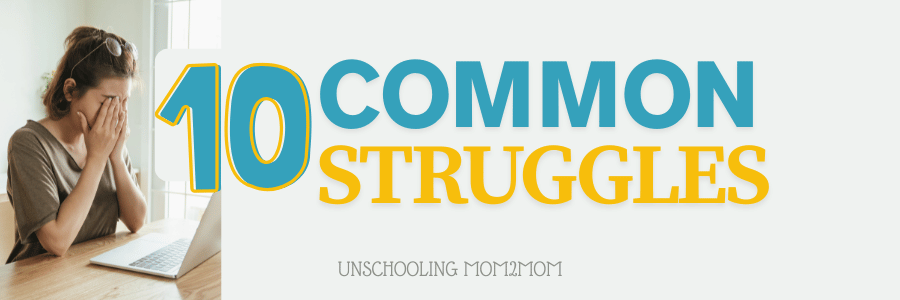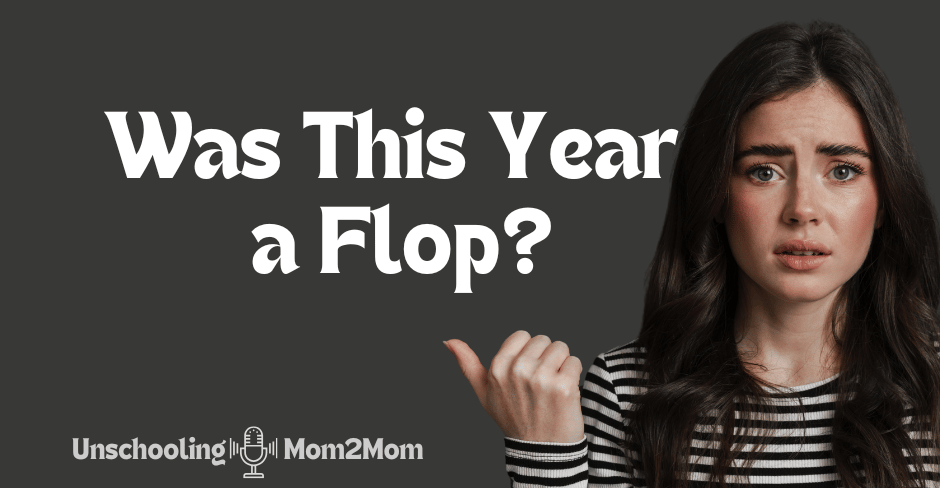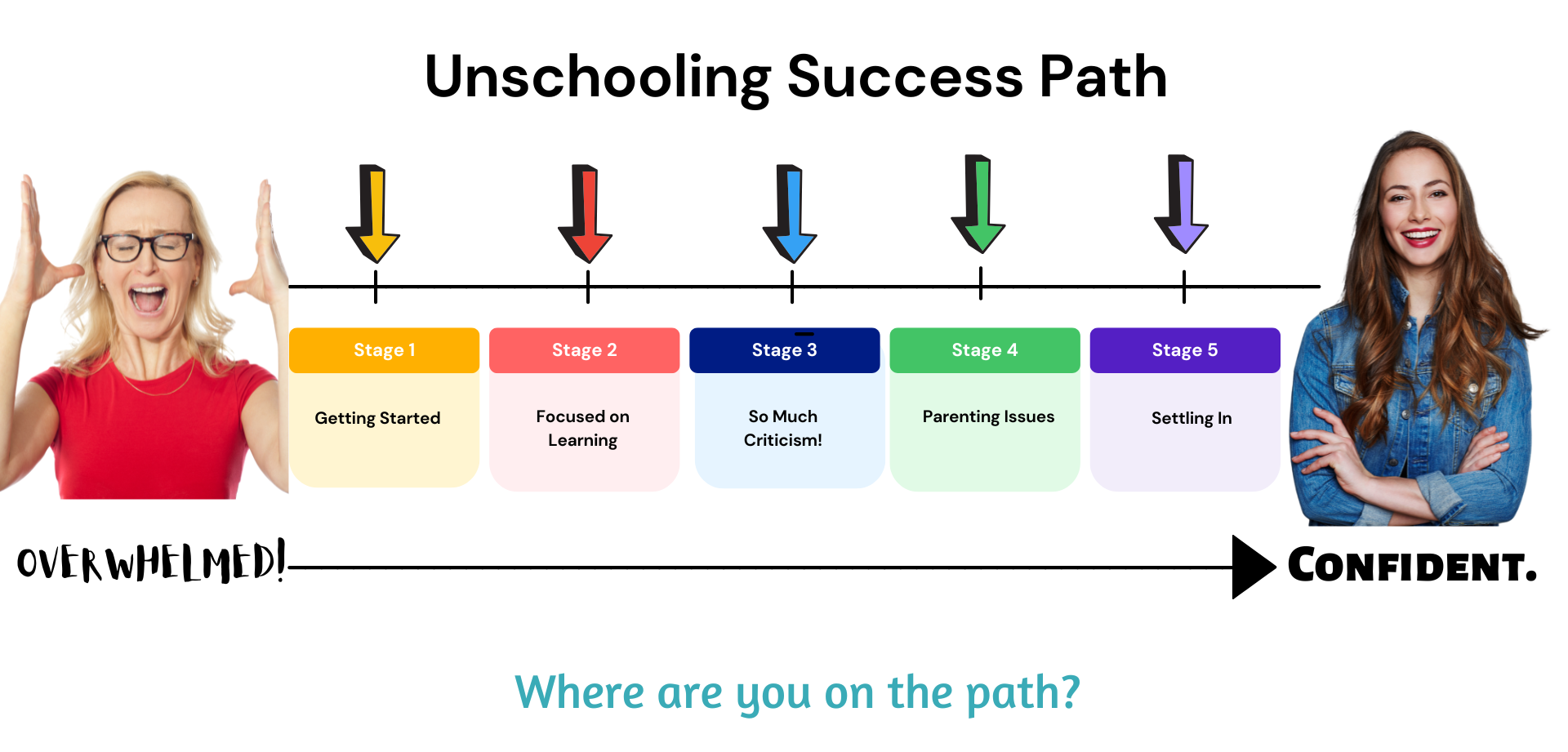Unschooling Neurodivergent Children
Podcast Transcript
Lots of people ask if children with special needs can do ok with unschooling? Parents have a lot of fears about handling the situation on their own. After years of relying on experts and fighting for your child to get the care they need, it’s HARD to walk away and say,
“Nevermind. This still isn’t good enough. I'm going to do it on my own.”
I get it - the backlash from that is daunting. And you’re tired.
But school settings are not the best place for kids - and that may even be MORE SO for kids with special needs.
I want to give you some resources to look at, because maybe unschooling could help. I’ll put links in the shownotes to help you see that you really CAN do this - even if your child has challenges.
In case you’re new here...
I’m Sue Patterson. I have created an entire network of social media platforms and websites through Unschooling Mom2Mom helping parents see that unschooling really DOES work.
My own now-grown kids were unschooled - each with different paths and styles of learning. And I’ve made it my mission to help families see that if *I* can do this - a soccer mom from the suburbs - you can too!
I have a lot of resources that can help you. Just as it’s important for us to figure out how our kids learn best, we have to see how WE learn best too! Maybe podcasts like this are your thing. Maybe you need PDFs and courses or group coaching and community .
I have over 25 years of experience to share, and I’m always thinking of new ways to share the information so more people can benefit!
More from the podcast....
OK, back to the topic of unschooling and special needs.
After years of talking with other families, many discover a much calmer home life, once they’ve removed school from the equation. School environments with stress and pressure can actually create some "school-induced problems” ... and many families report that those fade away or are at least minimized when children aren't in that setting anymore.
Obviously, the term “special needs” or “neurodivergence” covers so many different situations. But the reason unschooling will work in all of these scenarios is because
we meet kids where they are.
We don’t try to compare them with other neurotypical kids. That’s not the path they’re on. So we focus on what EACH child needs and move in that direction.
“Age Appropriate” can be tossed out the window. All kids can have their own strengths honored and parents can meet them where they really are...helping them grow and develop at the pace that fits them.
I think parents get coerced into thinking that only schools can provide the specialized care. But it may not even be the case.
And, if the classroom setting causes your child to be anxious - or even if the home learning environment is trying force the kids through the hoops of a curriculum, behavior is going to worsen. It can have such a demoralizing negative impact on children with special needs.
Sometimes you have to weigh out the pros and cons for walking away from a bad situation. Yes, if the kids have to return, the IEP process may have to start over. But you will have bought them a little reprieve. And maybe when fear isn't clouding your judgement, you can see more advantages to walking away.
How do people overcome their personal fears?
1. They do the internal work.
They read and learn about how unschooling works. Take the time to explore because you'll discover you may be carrying around inaccurate information about learning - what's important and what isn't. There's still a lot of deschooling to be done - and the focus may be a little different. But expectations for the child or for you as the parent need to be examined with this newer lens of unschooling.
2. They stop making choices out of fear
Families begin to make them out of good information.
It seems to be a fact of life that good parents are always second-guessing themselves about the decisions they make. When we’re afraid, we want to control more. It’s how we’re wired. But flexibility may actually serve us better. Every step we take doesn't have to be perfectly planned out. We'd make so little progress if we operated like this! Sometimes we have to gather as much data as we can, and then wade out into the water. Yes, we'll make mistakes. But becoming more knowledgeable and gathering the support that will help you - that will allow you to pivot and make whatever changes are necessary.
3. Gather your resources.
This UM2M website is full of unschooling and deschooling info.
It’s work to read, watch, listen to - but it will stop so much of the anxiety and wasted time on your second-guessing.
My
Creating Confidence Membership group has a lot of parents with neurodivergent kids.
You're always welcome to join us!
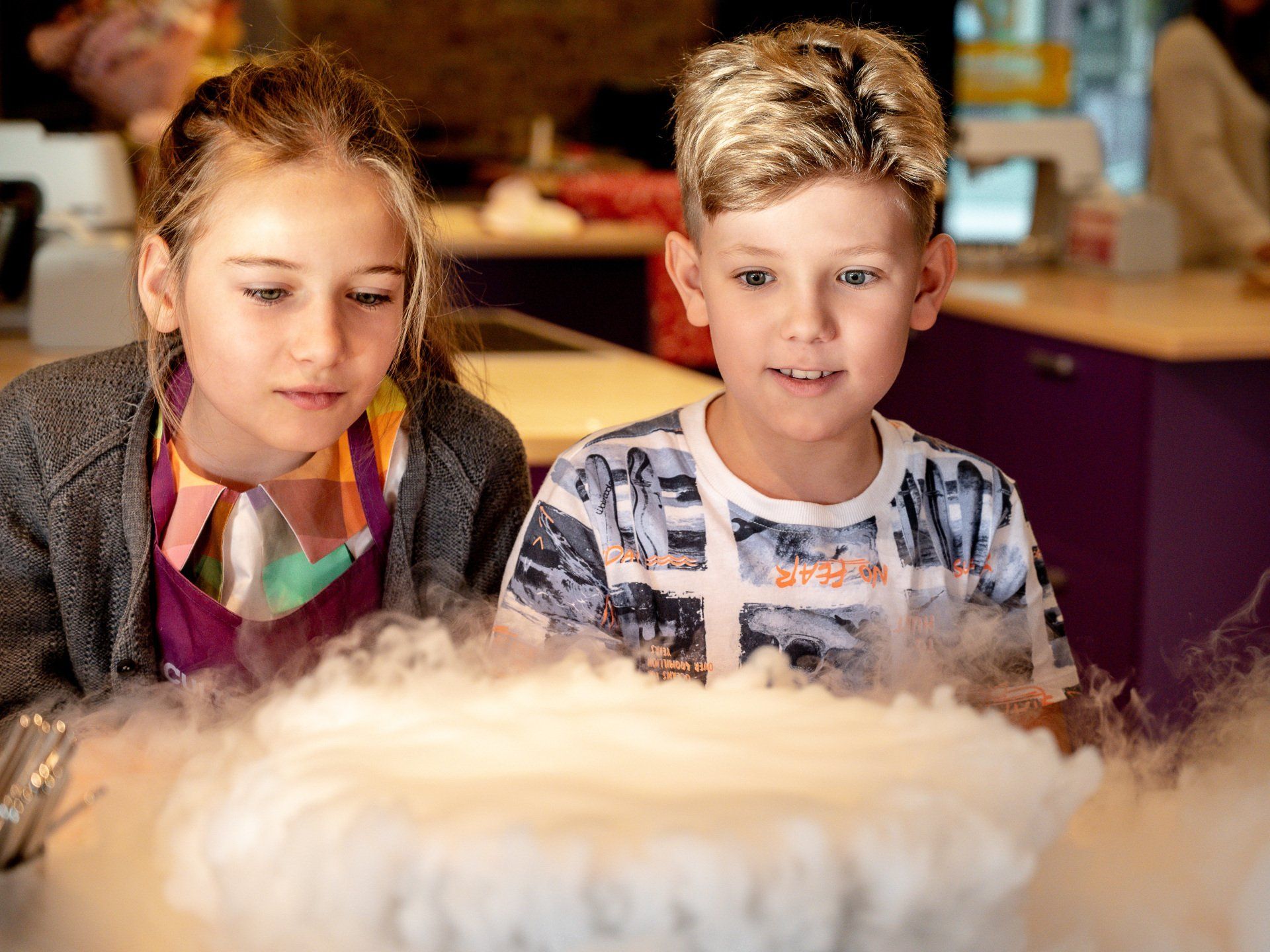
4. Call it an Experiment.
Imagine what life could be like if you weren’t forcing your child to do things that increase their anxiety, frustrate both of you, and make life really hard.
What if you took a 6 month break?
What if you just declare these last months of the year to be
Connection Months,
Recovery Months,
Fun Adventures Months ?
Not forever - although it might be - but just for a little while. And the during that time, you can read and learn more about how unschooling works, tap into the resources for parents with kids who have special needs ( did you know there’s a big Facebook group specific to unschooling parents with neurodivergent learners? Unschooling Every Family )
And then observe what happens.
See if the behavior changes when you stop having power struggles, or the anxiety begins to dissipate.
Sometimes we need to get off the conveyor belt and slow things down. This may be the RESET you need to see what really needs to happen in your home - and what doesn’t. Sure, you can go back to all of it after The Experiment. But wouldn’t it be cool to try?
Something interesting, whether your child is neurotypical or not, is that when we are constantly pushing them, they get the message that where they are isn’t good enough. They interpret our efforts as being dissatisfied with them. Slowing down enough to remind them that where they are is perfectly ok - AS IS. Maybe they need you to remind them that you ARE the person that will always be there for them - regardless of how well they perform. We know that, but sometimes our message can get confusing for them. Another reason to tackle our fears so we can be the parent we want to be.
Remember, you're definitely not alone!
Tap into the resources, reach out if you have questions. And we’ll talk again next week.
Question:
Does a child with special needs do ok with unschooling?
What if you have a lot of fears about not providing what they need?
So much time was spent fighting for their IEPs - if I walk away and return, we'd have to start those battles all over again.
Answer:
After years of talking with other families, many discover a much calmer home life, once they’ve removed school from the equation. School environments with stress and pressure can actually create some "school-induced problems” ... and many families report that those fade away or are at least minimized when children aren't in that setting anymore.
Obviously, the term “special needs” or “neurodivergence” covers so many different situations. But the reason unschooling will work in all of these scenarios is because we meet kids where they are. We don’t try to compare them with other neurotypical kids. That’s not the path they’re on. So we focus on what EACH child needs and move in that direction.
“Age Appropriate” can be tossed out the window. All kids can have their own strengths honored and parents can meet them where they really are...helping them grow and develop at the pace that fits them.
I think parents get coerced into thinking that only schools can provide the specialized care. But it may not even be the case.
And, if the classroom setting causes your child to be anxious - or even if the home learning environment is trying force the kids through the hoops of a curriculum, behavior is going to worsen. It can have such a demoralizing negative impact on children with special needs.
Sometimes you have to weigh out the pros and cons for walking away from a bad situation. Yes, if the kids have to return, the IEP process may have to start over. But you will have bought them a little reprieve. And maybe when fear isn't clouding your judgement, you can see more advantages to walking away.
Remember - You're DEFINITELY NOT Alone!
Unschooling Every Family: Embracing Neurodivergent and Disabled Learners
This Unschooling group has been active since 2013 and has a lot of members who can speak to specific issues. They've had a name change (URL remains the same.)
Unschooling Disabled Learners
This Unschooling group was started in September 2020 by a mom with several kids with disabilities. It's always good to have options!
Looking for More Community?
Unschooling works for kids who have various challenges and diagnoses too!
Sometimes it helps to be around other parents whose kids are neurodivergent AND they're still unschooling. Our membership group has several families who are on this same path.
Join the group and learn more about unschooling while being coached by Sue Patterson (More than 10 group coaching calls each month!) and supported by a fabulous unschooling community.
To Read or Watch...
I Am What I Am by Anne Ohman shares her thoughts and her journey to radically unschooling her now grown sons.
Greta Thunberg’s latest response to her critics proves her remarkable strength by Lauren Geall
" I have Asperger’s syndrome and that means I’m sometimes a bit different from the norm,” she continued, “and – given the right circumstances – being different is a superpower.”
Autism Parenting Magazine - may have suggestions and ideas to consider
Homeschooling with Dyslexia - Marianne Sunderland's website and group leans toward unschooling in spite of their curriculum focus and not really mentioning it per se. She interviewed me for her membership community and we had a really good conversation of how unschooling could work well for so many families with kids who have dyslexia. Her own family is very interest-driven.
I did an interview with Marianne recently. You can watch it here:
Pablo - at YouTube or at Facebook
"Pablo" series features a 5-year-old-boy on the autism spectrum who creates incredible imaginary friends who come to life through his magic crayons. Pablo and his friends go on adventures and they even help him with situations that may make him anxious such as going to the supermarket. The main cast of "Pablo" are all on the autism spectrum and some have even co-written some of the scripts. Every episode explores storylines that are honest and humorous and are inspired by the real-life experiences of these children.


